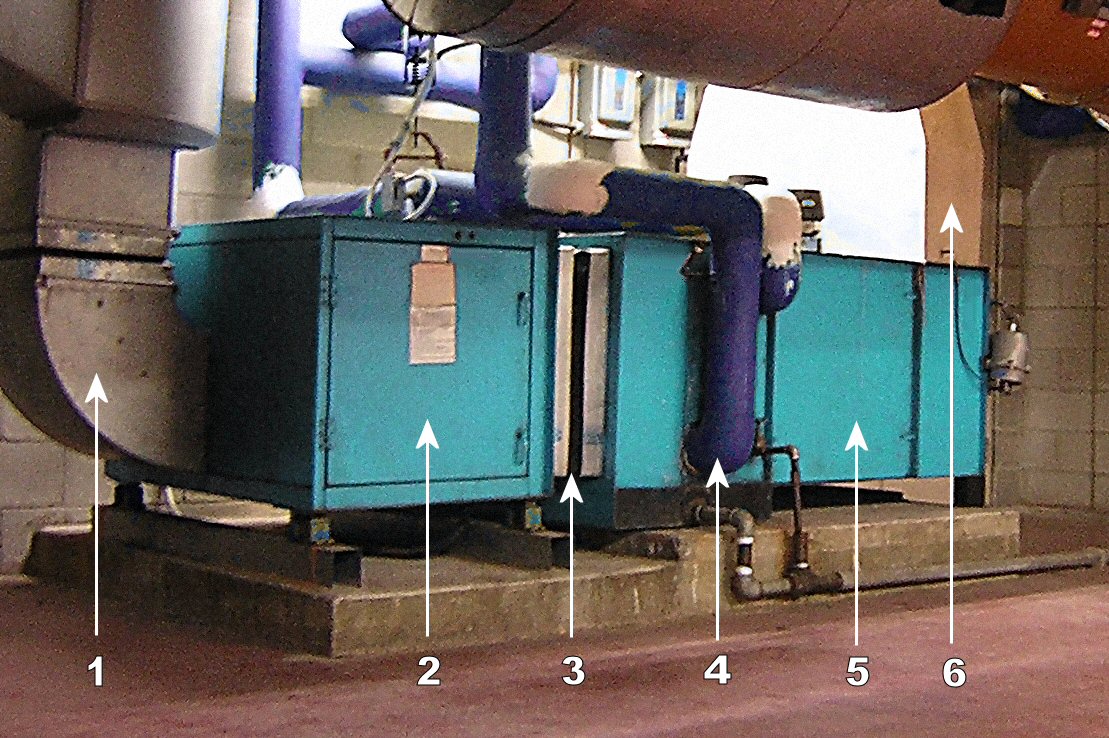Attention Deficit Hyperactivity Disorder (ADHD) is a neurodevelopmental condition characterized by persistent patterns of inattention, hyperactivity, and impulsivity. One of the often-overlooked aspects of ADHD is its impact on time management, a phenomenon frequently referred to as “time blindness.” Time blindness can make it extremely challenging for individuals with ADHD to stay on schedule, meet deadlines, or even perceive the passage of time accurately. Understanding this issue and employing strategies to combat it can make a significant difference in managing daily responsibilities and enhancing overall productivity.
Understanding Time Blindness
Time blindness in Effects of ADHD refers to the difficulty individuals with the condition have in perceiving, estimating, and managing time. This lack of temporal awareness can result in several specific problems:
Difficulty Estimating Time:
People with ADHD often struggle to estimate how long tasks will take. This can lead to overcommitment or underestimation, causing last-minute rushes and stress.
Procrastination:
Time blindness contributes to procrastination, as individuals may have trouble starting tasks due to an inability to gauge the urgency or duration of the task accurately.
Trouble Prioritizing:
Without a clear sense of how much time is required for various tasks, prioritizing effectively can be challenging, leading to missed deadlines or incomplete work.
Impulsivity:
Time blindness can amplify impulsivity, as individuals might make snap decisions about how to spend their time without considering long-term consequences or the need to plan ahead.
Strategies for Managing Time Blindness
Fortunately, there are various strategies and tools that can help individuals with ADHD manage time more effectively and improve their scheduling skills. Here are some practical approaches:
Use of Visual Timers:
Visual timers, such as those with a countdown feature that shows a colored segment reducing as time progresses, can be highly effective. These timers provide a tangible representation of time passing, which can help individuals with ADHD gauge how much time is left for a task.
Set Multiple Alarms:
Utilize alarms and reminders on your phone or other devices to prompt you about upcoming deadlines, transitions between tasks, or scheduled appointments. Setting multiple alarms for different stages of a task or for breaks can help keep you on track.
Time Blocking:
Implement a time-blocking technique where you allocate specific blocks of time for different tasks or activities throughout the day. This structured approach can provide a clearer sense of how time is being used and help in managing distractions.
Use of Planners and Apps:
Invest in a planner or a digital calendar app that allows you to map out your day, week, or month. Many apps offer features like task lists, reminders, and color-coding, which can help with organization and scheduling.
Break Tasks into Smaller Steps:
Large tasks can be overwhelming and difficult to manage. Breaking them down into smaller, more manageable steps with specific deadlines can make them seem less daunting and easier to track.
Employ the Pomodoro Technique:
This technique involves working for 25 minutes and then taking a 5-minute break. This method can help maintain focus and prevent burnout, while also providing regular intervals to reassess your progress.
Create a Routine:
Establishing a consistent daily routine can provide structure and predictability, making it easier to manage time. Regular habits, such as designated times for meals, work, and relaxation, can create a sense of order and reduce the impact of time blindness.
Develop Awareness of Time Spent:
Keep a time log or journal to track how long different tasks actually take. Reviewing this log periodically can help improve your ability to estimate time more accurately in the future.
Practice Mindfulness:
Mindfulness techniques can help increase your awareness of the present moment, which may assist in better time management. Techniques such as meditation or focused breathing can enhance your overall ability to stay grounded and aware of time.
Seek Professional Help:
For some individuals, working with a coach or therapist who specializes in ADHD can be beneficial. They can provide personalized strategies and support to improve time management skills and address specific challenges related to time blindness.
Additional Considerations
Understanding that time blindness is a common aspect of symptoms of ADHD can help reduce self-blame and frustration. It’s important to recognize that these challenges are part of the condition and not a result of personal failure. Embracing a mindset of patience and persistence can aid in developing effective time management skills.
Additionally, collaboration with family members, friends, or colleagues can offer extra support. Communicating your needs and challenges related to time management can lead to more understanding and practical accommodations, such as reminders or flexible deadlines.
Conclusion
ADHD and time blindness present unique challenges in managing schedules and staying on track. However, with a range of practical strategies and tools, individuals with ADHD can develop effective time management skills and improve their ability to adhere to schedules. By employing visual timers, setting multiple alarms, using planners, breaking tasks into smaller steps, and seeking professional guidance, individuals with ADHD can enhance their time management capabilities and lead more organized and fulfilling lives. Understanding and addressing time blindness is a crucial step toward achieving personal and professional goals while minimizing the stress associated with missed deadlines and disorganized schedules.




